AO Edited
Gastro Obscura
Red Oak Steakhouse
The Quapaw tribe supplies the meat and produce in this Oklahoma casino restaurant.
The Quapaw Native American tribe has a reputation for agricultural excellence. Settling in the junction of the Arkansas and Mississippi rivers (in modern-day Arkansas), they developed a special relationship with the area’s fertile soil, perfecting their agricultural techniques over centuries to yield prodigious amounts of flavorful produce. As the region’s breadbasket, the Quapaw were able to enhance their ties with neighboring tribes while later earning military support from the French. Their crucial role in the early American food economy helped them survive to modern day with their traditions intact—traditions you can still taste in the tribe’s very own casino in Oklahoma.
While the U.S. government forced the Quapaw from their ancestral homeland after the Louisiana Purchase, the menu at Downstream River Casino’s Red Oak steakhouse is a tribute to their agricultural legacy. Meat from the tribe’s 1,000-strong herd of cattle and bison is prepared in their own on-site processing plant. Greens, herbs, and spices are sourced from the tribe’s five greenhouses, just a short walk from the kitchen. Honey is produced by the tribe’s own bee colony, making its way into cocktails and salad dressings. The tribe roasts its own coffee and brews its own beer, as well—all available in the adjacent steakhouse. True to nature, the dishes on Red Oak’s Mediterranean-American menu rotate to suit each ingredient’s individual peak season.
Incorporating Quapaw capabilities into the restaurant supply chain was not simply a cost-cutting maneuver. Rather, as John Berrey, chairman of Quapaw nation, told Heated, “it’s in our DNA. The history of our tribe is being both hunters and farmers.” Quapaw dedication to growing food extends beyond the restaurant, as well. Through Title VI–funded farm initiatives and food outreach programs, the Quapaw distribute around 50 tons of food to local food banks and charities annually. They also host farming workshops for visiting tribes from across the country.
Nestled within a casino, of all places, the Quapaw are quietly maintaining a centuries-old tradition of agricultural mastery, extending their gift to natives and non-natives alike. “Quapaws come first for sure,” Berrey told Heated, “But not far behind is everybody else.”



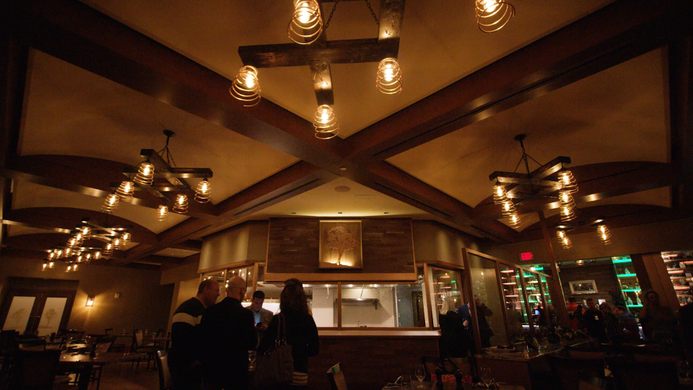


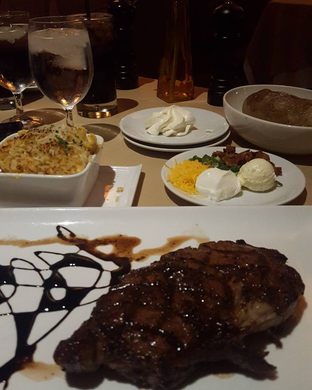


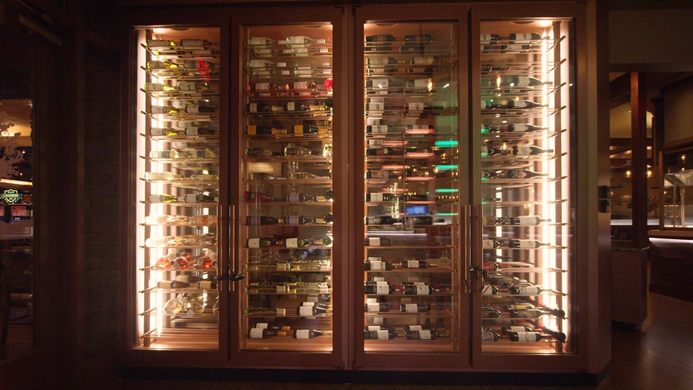






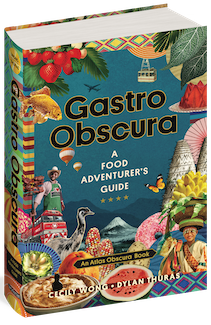


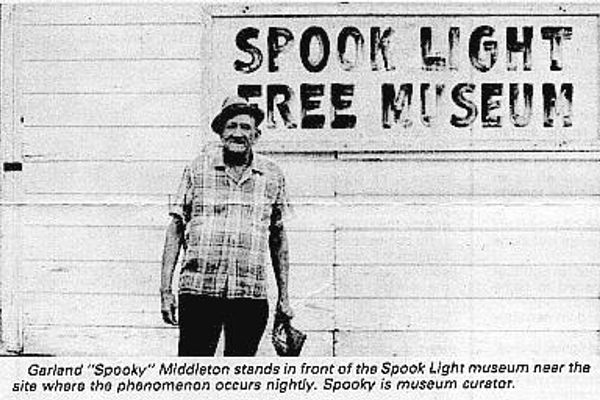
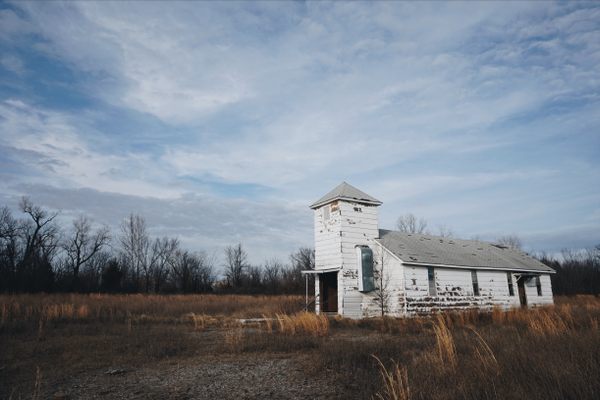




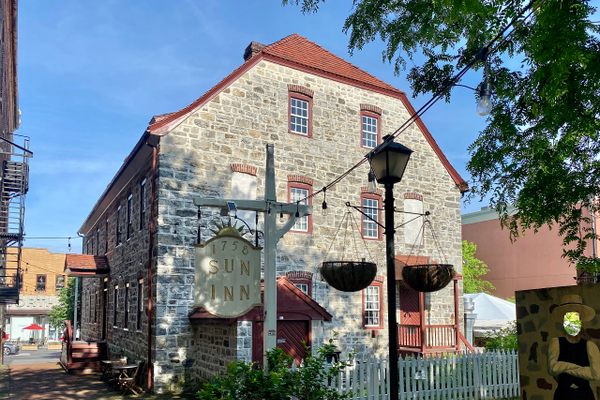

Follow us on Twitter to get the latest on the world's hidden wonders.
Like us on Facebook to get the latest on the world's hidden wonders.
Follow us on Twitter Like us on Facebook